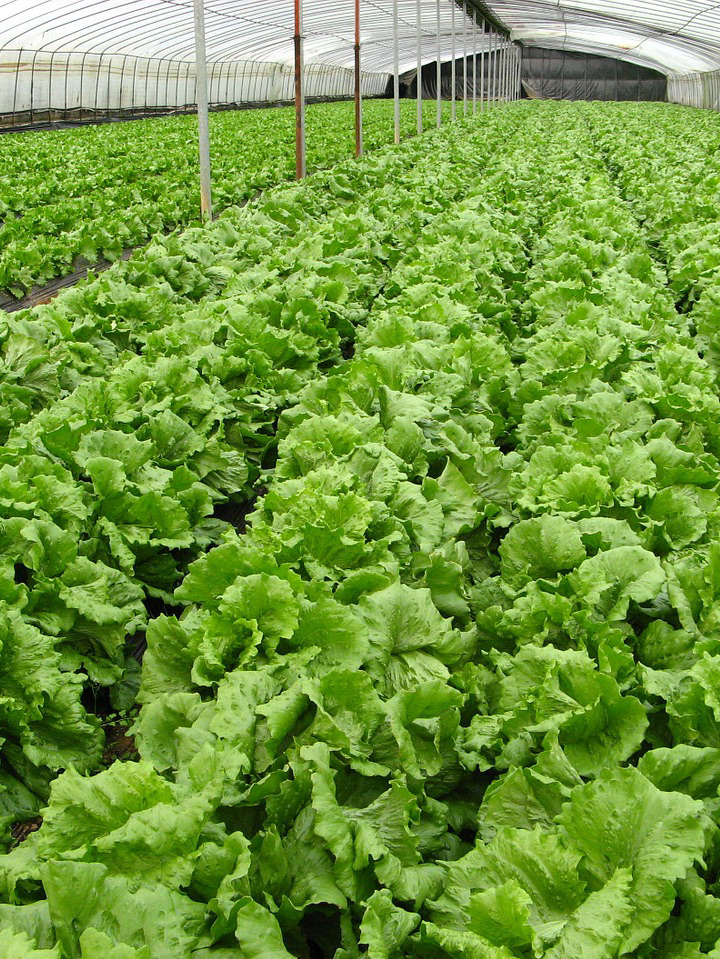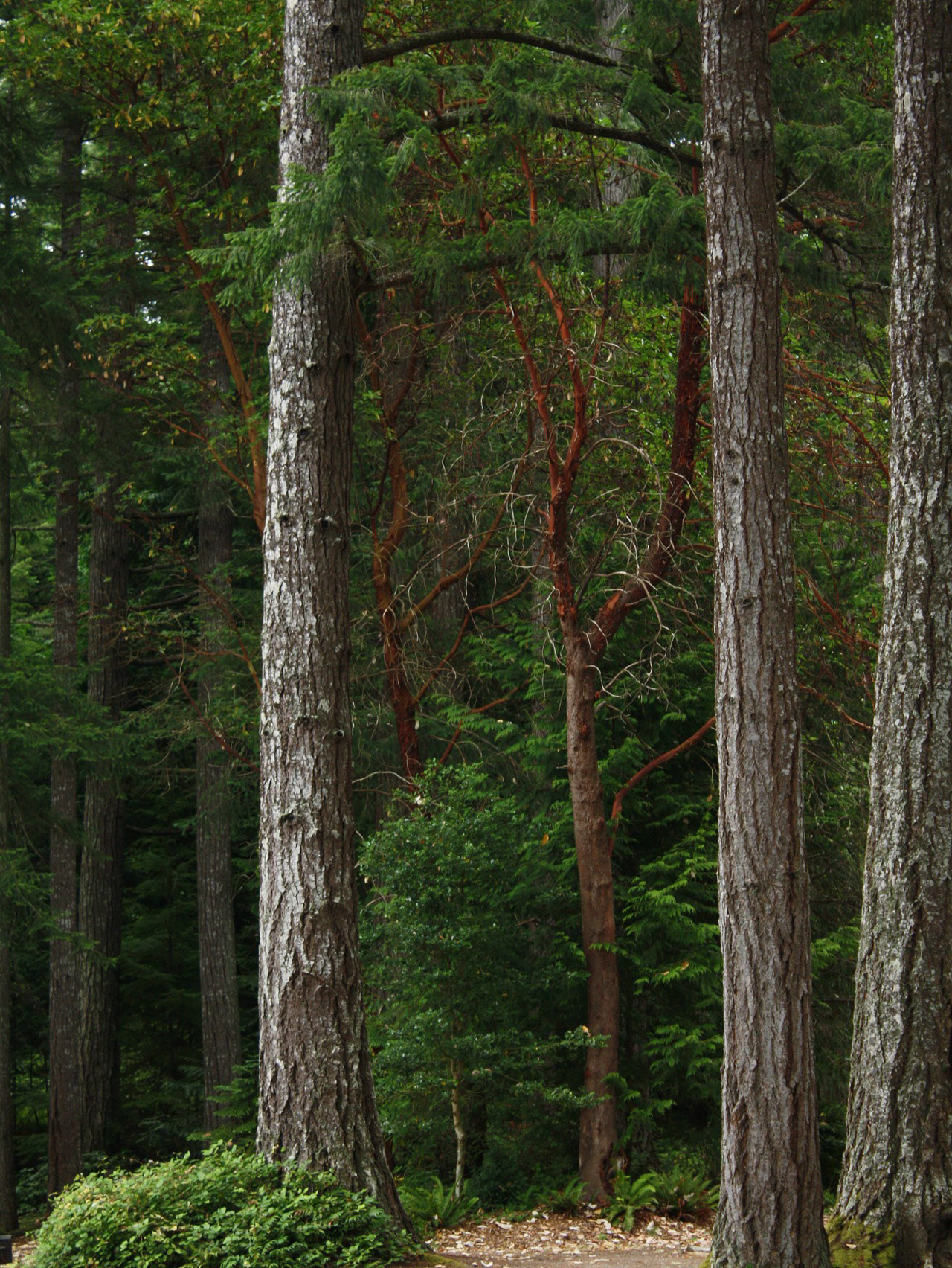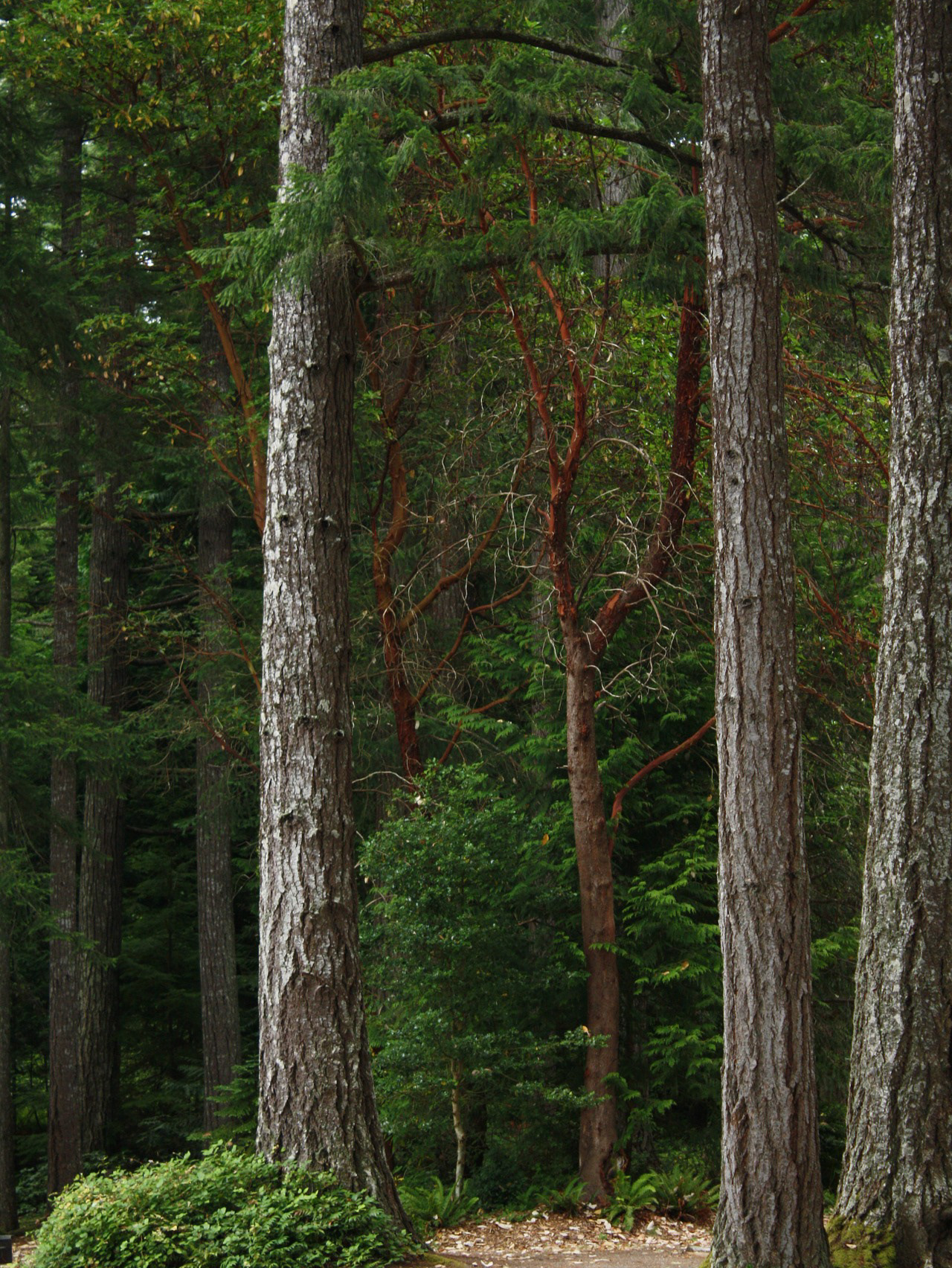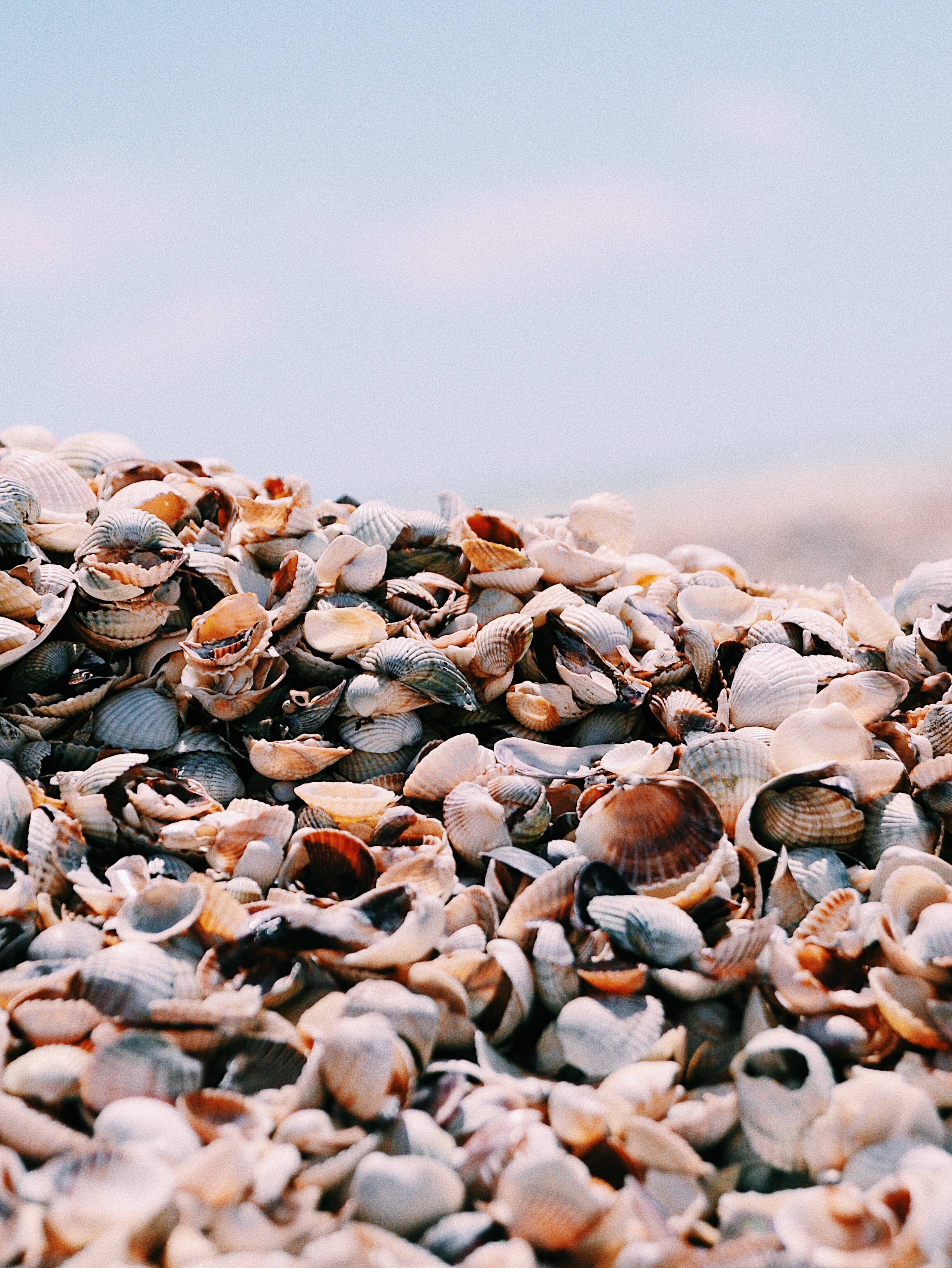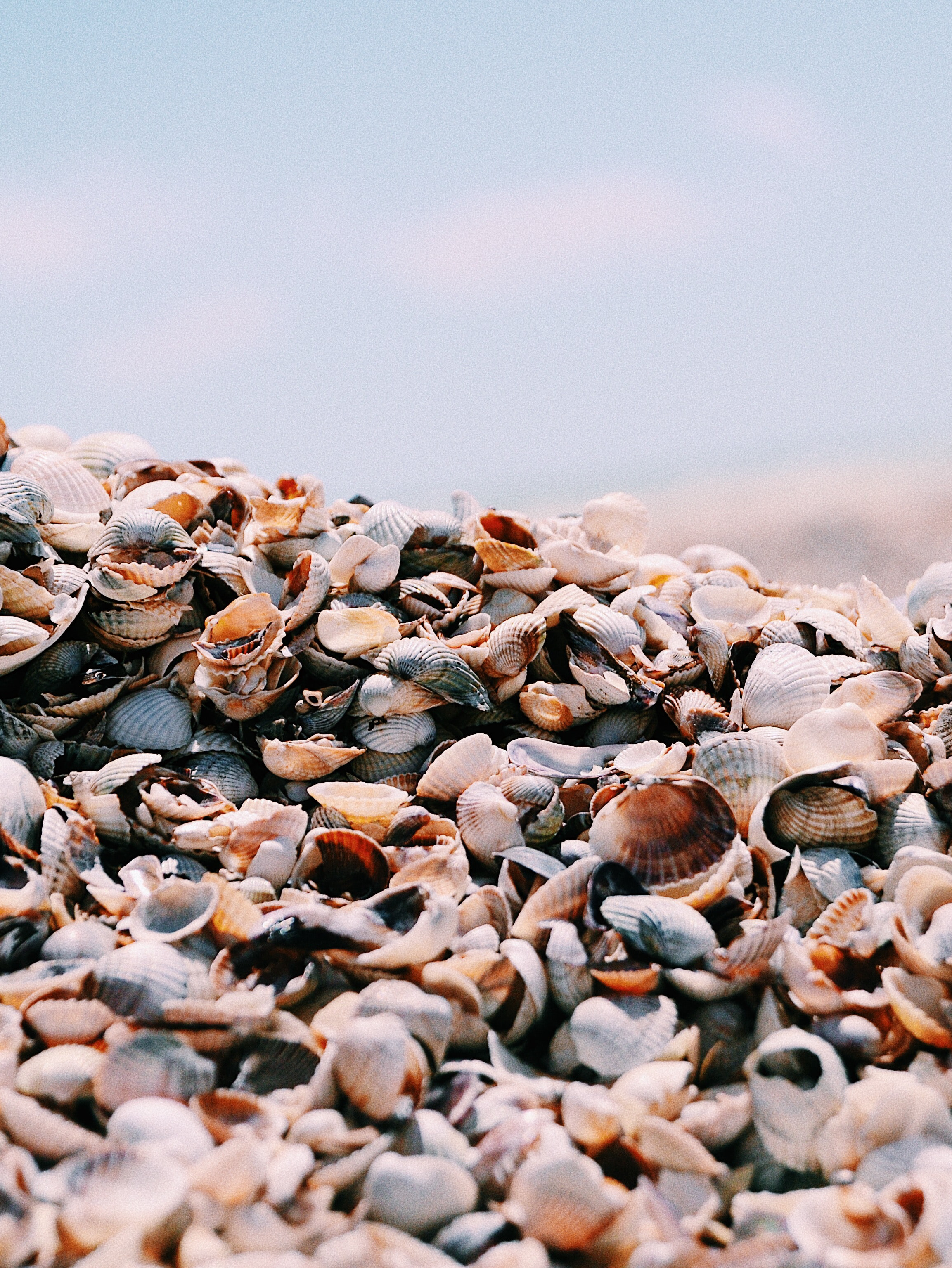December 6, 2021—The CJN
Just before Rosh Hashanah, seven Jewish young adults met on a farm in British Columbia’s Fraser Valley for the inaugural three-day Moishe’s Retreat to explore Jewish farming practices, learn about food systems and sustainability, and to share meals.
The retreat is an example of Jewish outdoor, food and environmental education (JOFEE) programming that some in the community see as an idea with potential to grow, particularly because it appeals to younger generations and those who are not formally connected to Jewish institutions.
Ilana Labow, co-founder of food and farming education organization Fresh Roots, facilitated Moishe’s Retreat, which was organized by Jewish Family Services (JFS) Vancouver. Among the onions and squashes of Fraser Common Farm, participants camped, hiked, worked in the soil and davened together. The retreat was a testing ground to gauge interest in JOFEE-type programs in the region.
None of the retreat participants, all of whom live in Vancouver, were connected to the Jewish community at the time, Labow said. Some had made attempts to get involved, but hadn’t found a comfortable space in the Vancouver area. All were keen to find that space, however.
“While some of the people have no connection with Judaism,” Labow said, “some of them have really tried many different avenues, and they’re searching, and then all of the sudden their values really come together around food, sustainability, reconciliation, agriculture, Jewish agriculture.”
JOFEE programs engage younger people as well as provide a place for disengaged Jews to reconnect Jewishly, a landmark American study called Seeds of Opportunity, released in 2014, concluded. In just over a decade, the study found “tremendous growth” in participation and in program offerings including immersive experiences such as retreats, conferences and outdoor adventures. What was once considered radical programming, Labow noted, has since been embraced by funders in the United States.
“Younger generations are going in different directions and they don’t connect around these traditional institutions,” Tanja Demajo, CEO of JFS Vancouver, said. “Food and growing food is one thing that speaks to many young people, for many reasons—sustainability, leaving this planet to our kids – so they’re starting to think about it in a different way.
“Unless we decide to invest in something that they’re interested in, we won’t have a Jewish community pretty much in the next 50 to 100 years.”
JOFEE programs appeal to Aria Druker, an environmental educator completing her master’s degree in integrated water resource management.
“So many of the principles that are traditional and Jewish align with my beliefs for the environment,” she said.
Druker currently lives in Montreal and was unable to participate in Moishe’s Retreat but was keen to. Her identity as a Jewish environmentalist was sparked through an internship with nature and environmental programmer Shoresh in Toronto.
She recently co-led a gardening workshop series for JQT Vancouver, a Jewish queer and trans group. The series attracted individuals from a range of ages, many of whom are concerned about climate change and want to make environmentally conscientious choices, Druker said. She would also like to see more Jewish environmental programming in the Vancouver area.
While south of the border JOFEE programming flourishes, there is little formal programming, particularly immersive experiences in Canada, yet. The exception is Toronto-based Shoresh, which, according to its 2018, 10-year anniversary report, has had 20,000 participants in its programs.
Efforts on the West Coast are in their infancy, but early organizers see potential in JOFEE and food growing-related programs.
“I believe that’s the most fertile ground for the continuation of the religion and new generations in today’s society,” Labow said.
Next steps as Labow and Demajo continue to explore what options are viable remain in flux. While the first Moishe’s Retreat was kept small due to restrictions like COVID and an intense wildfire season, Demajo believes it could have attracted as many as 40 participants.
JFS envisions making Moishe’s Retreat an annual event and is hopeful for increased funding for future programs.
Cover image by Tina Witherspoon via Unsplash
